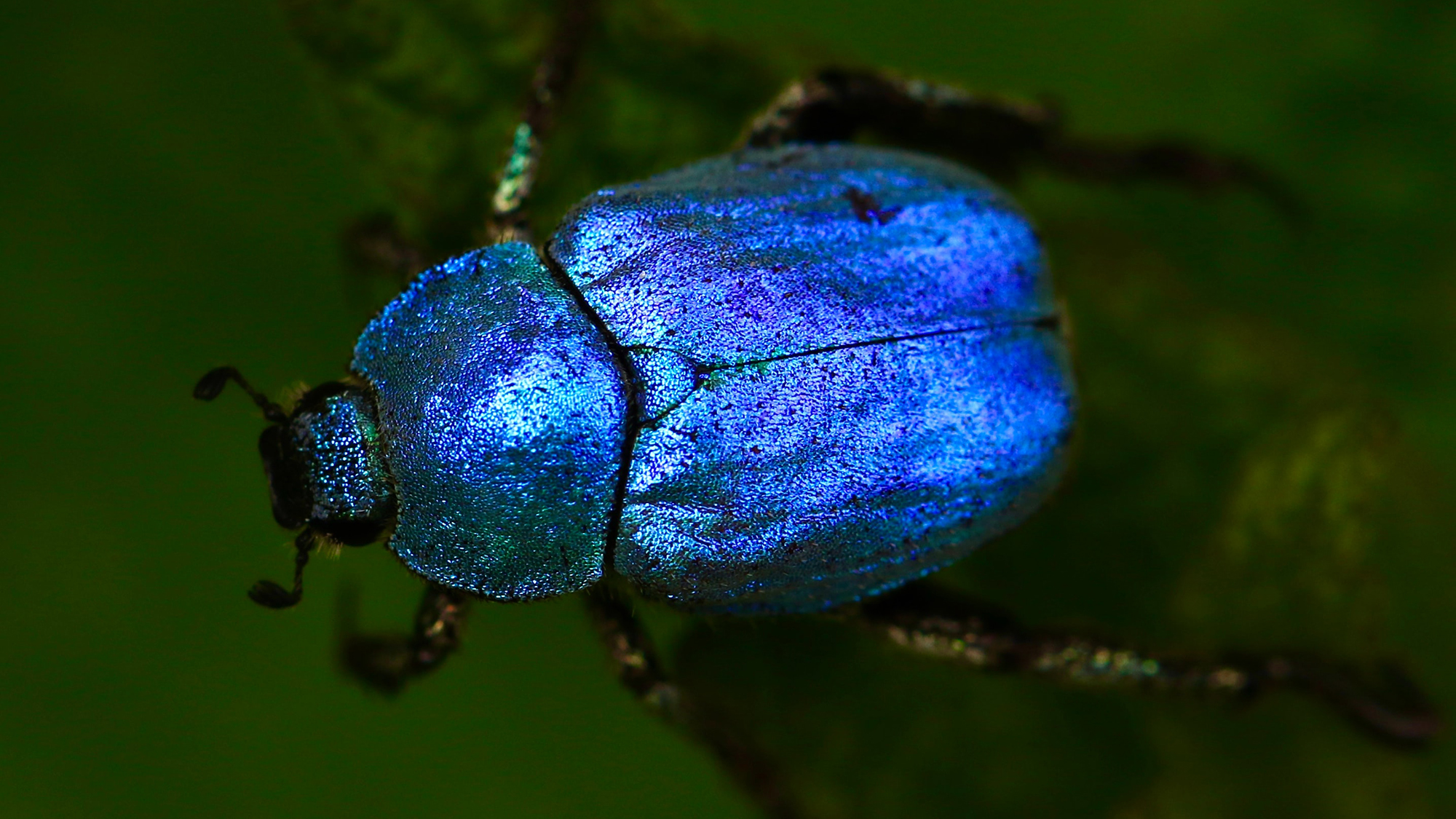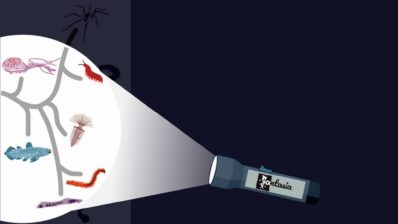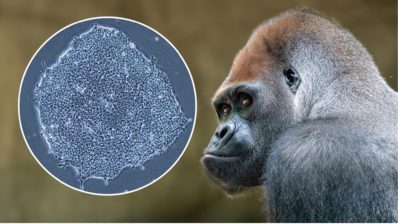A research group from the Institute of Evolutionary Biology (IBE: CSIC-UPF) has determined, in a recent study, that hypersaline environments have not acted as a limiting factor for the adaptation and ecological diversification of aquatic beetles.
These results collide with the main existing hypothesis on extreme ecological specializations, which argued that once specialization was reached, the species would lose the ability to adapt to other environments or changes.
“We wanted to analyze whether ecological specializations to extreme environments represent an evolutionary dead end, that is, that once the species have specialized to survive in highly stressful environmental conditions, their adaptability is seriously compromised”
Adrián Villastrigo
– Researcher and first author of the IBE study –
Through the sequencing of more than 40 mitochondrial genomes, 90 million years of evolutionary processes of the aquatic beetles of the genus Ochthebius have been reconstructed. The study shows that hypersaline habitats have not been obstacles for the survival and adaptation of these beetles.
Thus, the results could be used to predict the consequences for species of salinization and aridification of continental aquatic environments caused by climate change.
Adrián Villastrigo, Paula Arribas, Ignacio Ribera. Irreversible habitat specialization does not constrain diversification in hypersaline water beetles; 2020, Molecular Ecology. 29(19), 3637-3648






